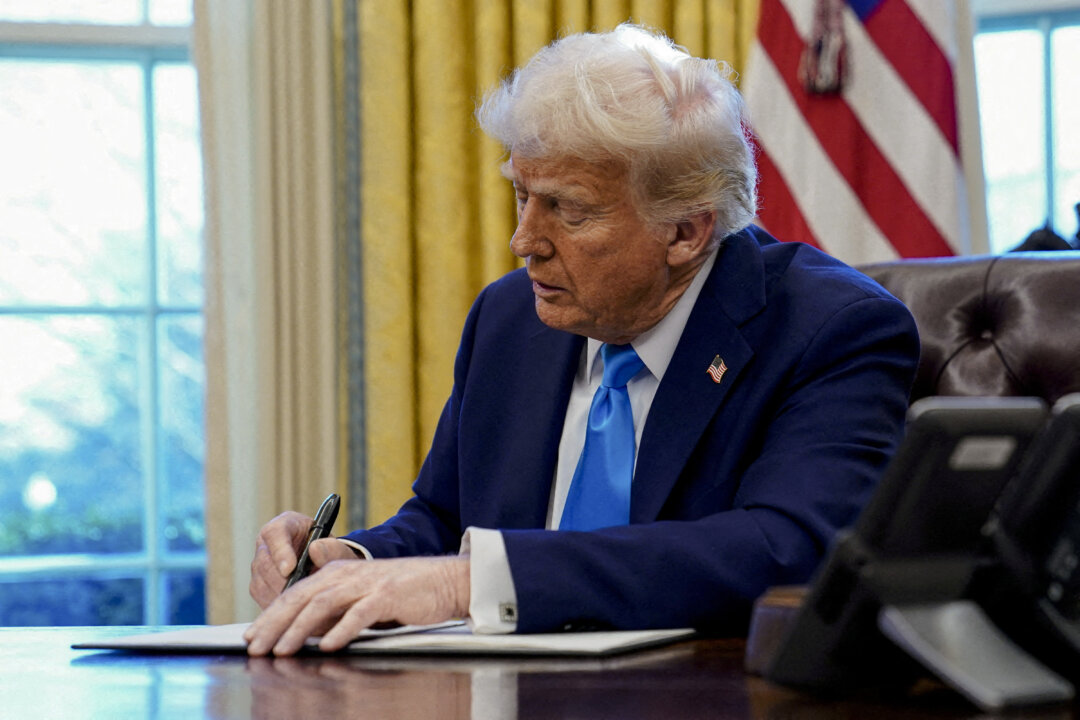
President Donald Trump issued new instructions on Feb. 21, directing his administration to identify which foreign governments are imposing taxes, fines, and regulations on U.S.
companies doing business abroad, and to prepare for responsive tariffs. Among the fines and fees that Trump’s memorandum looks to address are digital services taxes (DSTs). The memorandum directs the office of the U.

S. Trade Representative to restart a practice that Trump began during his first term of investigating which countries are levying DSTs against multinational business enterprises that provide goods or services online. A fact sheet provided by the White House states that foreign governments have used these DSTs against U.
S. businesses when they shouldn’t otherwise be subject to foreign jurisdiction. “President Trump will not allow foreign governments to appropriate America’s tax base for their own benefit,” the White House fact sheet reads.
Trump’s memorandum also directs his administration to review whether other countries have adopted any policies or practices that incentivize U.S. companies to divulge their intellectual property or that undermine freedom of speech and require companies to self-censor.
“Regulations that dictate how American companies interact with consumers in the European Union, like the Digital Markets Act and the Digital Services Act, will face scrutiny from the Administration,” the White House said. The European Union (EU) adopted the Digital Services Act (DSA) in 2022, employing a new regulatory framework to review how online platforms moderate potentially illegal or objectionable content. The law also imposes obligations on online platforms to disclose information about their content moderation decisions and their efforts to remove disinformation and misinformation that could impact elections and public discourse.
Elon Musk, who owns the X social media platform and leads the U.S. Department of Government Efficiency, has recently clashed with the European bloc over DSA policies.
Trump has sought to use tariffs and other economic measures as a means of pressuring other nations to discontinue policies and practices that he said have been unfair to the United States..















